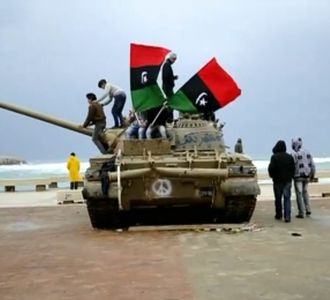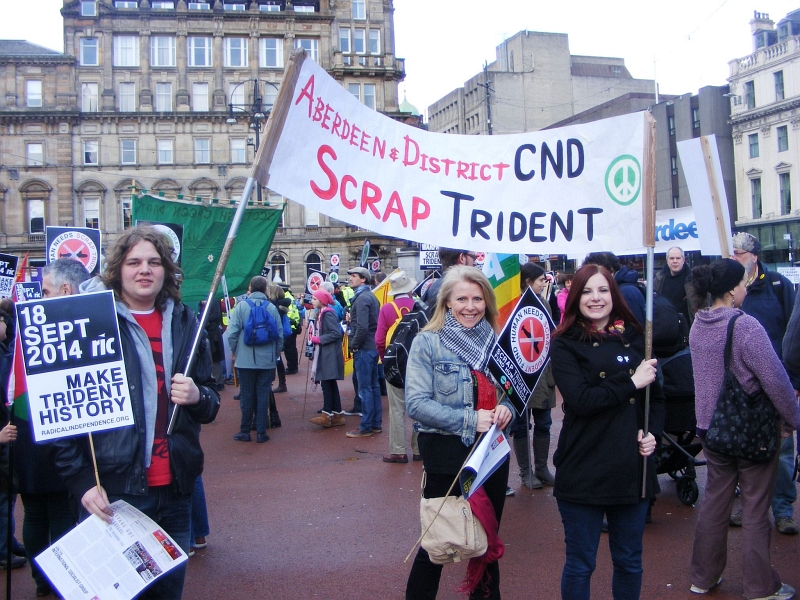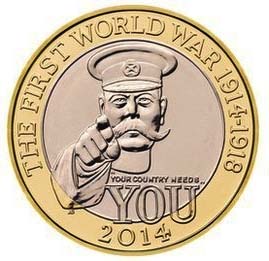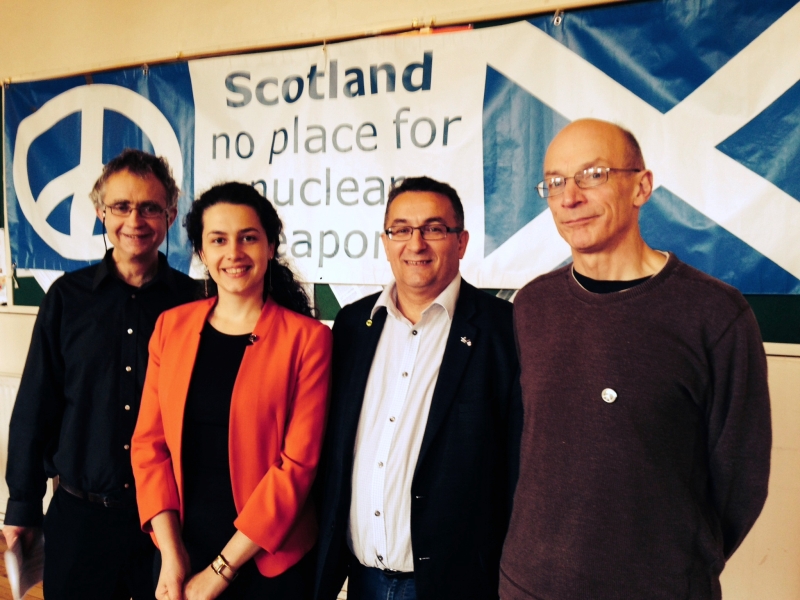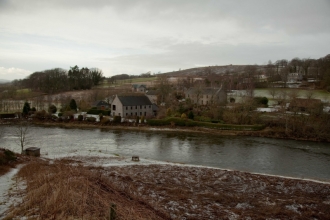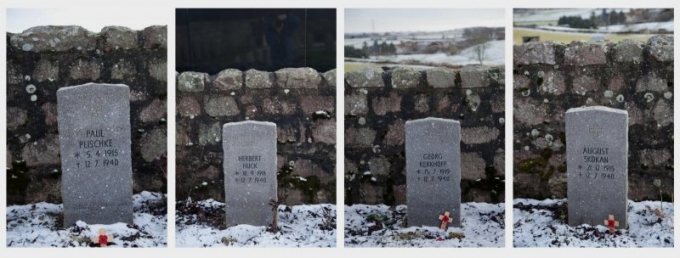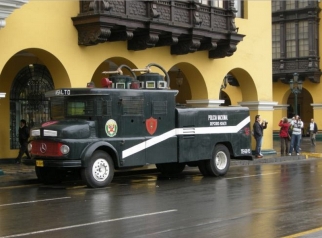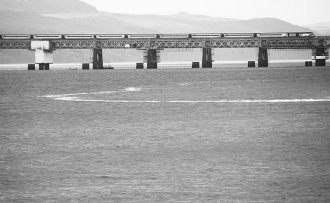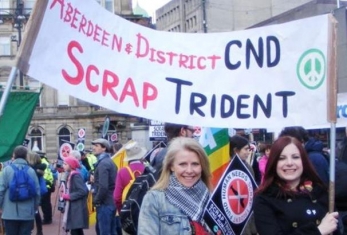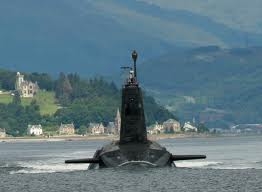In 2011, Jonathan Russell wrote three articles on the Libyan conflict in Aberdeen Voice, in part because of the lack of public outcry. Here he presents the second part of a new four article series.
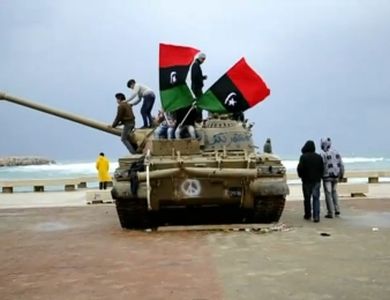 As world attention has focused on the coup in Egypt and the Syrian conflict, Libya has plunged almost unnoticed into a political and economic crisis. Two and a half years ago, Philip Hammond, the Defence Secretary, urged British businessmen to begin “packing their suitcases”, to fly to Libya to share in the reconstruction of the country and exploit an anticipated boom in natural oil and gas extraction.
As world attention has focused on the coup in Egypt and the Syrian conflict, Libya has plunged almost unnoticed into a political and economic crisis. Two and a half years ago, Philip Hammond, the Defence Secretary, urged British businessmen to begin “packing their suitcases”, to fly to Libya to share in the reconstruction of the country and exploit an anticipated boom in natural oil and gas extraction.
Before the civil war, oil companies were sometimes only allowed eight percent of the profits from oil and gas exploration, the rest of the profits going to Libya.
These were the toughest exploration of gas and oil terms in the world, and as such were greatly disliked by the oil and gas multinationals. The need for this to change was greatly aided by the financial collapse in the West, leading to vast debts in their own economies and the need to get resources to balance the books.
After the civil war/invasion, the multinationals were to be given fifty percent or more of the profits, and in some cases for a 40-year period.
China, which was increasingly being given contracts, would be out of the framework. China had also been given a 20-billion dollar contract by the Libyan Government to build new housing. Again this fed into a wider picture of the West not liking the growing economic and political influence of China in Africa. It must be stated however that China has been given a contract recently to build 20,000 homes in Benghazi.
Qaddafi also had considerable influence in African countries, many of whom had been ex- French colonies, and this conflicted with France’s economic need to have more influence in their old colonies.
After the 2011 civil war/invasion, Libya exceeded expectations and rapidly ramped up its oil production by more than one million barrels per day and doubled its real GDP. That recovery, however, was short lived. Libya has now almost entirely stopped producing oil as the government has lost control of much of the country to militia fighters.
Mutinying security men have taken over oil ports on the Mediterranean and are seeking to sell crude oil on the black market. Ali Zeidan, Libya’s Prime Minister, initially threatened to “bomb from the air and the sea” any oil tanker trying to pick up the illicit oil from the oil terminal guards, who are mostly former rebels who overthrew Qaddafi and have been on strike over low pay and alleged government corruption since July.
In an escalating crisis, output of Libya’s prized high-quality crude oil has plunged from 1.4 million barrels a day earlier this year to just 160,000 barrels a day in December. Only offshore fields remained largely out of the militia’s reach and have been supporting Libya’s production. However, offshore volumes tend to be small.
The UK government, in a desperate attempt to save face, has said it will train more of the Libyan army and, of course, sell the Libyan army even more weapons to help our balance of payments.
Libya has no shortage of oil resources – both conventional and unconventional. Libya holds Africa’s largest proven oil reserves. Its potential may be even greater as only about twenty percent of the country has been explored.
The recent loss in production has no precedent in Libya’s history. Existing oil companies have scaled down their activities with predictable negative consequences for the Libyan economy, which is poorly diversified and heavily reliant on hydrocarbon revenues. Oil and gas account for nearly 96 percent of government revenues and 98 percent of export revenues. This was a weakness of Qaddafi’s Socialist People’s Arab Jamahiriya Government, as it is now, with an over-dependency on oil and gas.
Corruption had become an increasing factor in Libya directly linked to the depletion in resources due to the sanctions applied by the West on Libya from the 1990s, which led to disquiet amongst the population and a decrease in the popularity of Qaddafi and his Government.
During the civil war, the drop in oil and gas production led to a contraction of real GDP by 62 percent, but the situation now is far worse. The International Monetary Fund (IMF) warned last year that current levels of government expenditure are unsustainable, if oil production does not return to pre-2011 levels, putting the country at risk and further fuelling already heightened socio-economic tensions.
Libya suffers from a high unemployment rate, especially among its young population and to survive many are enticed to join the militias, while much-needed public and private investment has remained anaemic. This high unemployment, both prior to and after the revolution, was a major factor in the growth of Al-Qaeda affiliated groups.
In May 2013 Libyan officials announced plans to review and draw up a new Petroleum Law for a 2014 licensing round which would offer more attractive fiscal terms in an attempt to entice international oil companies. Prior to the conflict China had been involved increasingly in the extraction of oil, a fact, as with China’s increasing economic links with Africa in general, much disliked by the West.
Libya should, as Philip Hammond had suggested, be on the radar of every international oil company when considering the size and quality of the country’s oil and gas reserves, but the latest developments have distorted the risk-reward balance that investors aim to achieve.
Foreign businesses were involved prior to the fall of Qaddafi but the government took in considerable revenue which supported free health care and education as well as subsidised food, housing and electricity. Having done away with the subsidies, many Libyans are now living in poverty. To get anything done Libyans have to bribe the militias who control not only militarily but also economically.
Prior to the overthrow of Qaddafi, the IMF estimated that the country’s total foreign assets were worth $150bn with just under half of that managed by the Libyan Investment Authority (LIA), with other investments made through the central bank and other investment vehicles.
The Financial Times interviewed former Gaddafi officials, directors of LIA and bankers who had never done business with the LIA, concluding that vague claims of mismanagement were more rumour and innuendo with no hard evidence. The accountancy firm KPMG had provided reports and audit in 2010 which showed the LIA asset position steadily improving, and made no suggestions of corruption or wrongdoing by any LIA staff member.
Farhat Bengdara, a Qaddafi appointee, the former governor of the Central Bank of Libya and member of LIA’s board of trustees, claimed that there was a “clear lack of governance at the LIA” which is surprising since he’d been on its governance Board of Trustees until the revolution came. On Bengdara’s recommendation Sami Rais , another Qaddafi-era appointment, had been made chief executive of LIA in October 2009.
Rais and Bengdara were subsequently sacked by the new Government of Libya.
The record actually shows the LIA managed to preserve Libyan state assets throughout the banking crisis of 2008 – 2010, and then during the revolution. Although a few investments showed book losses in 2010, the asset base grew from US$50 billion in 2008 to US$63 billion by 2010.
The performance of the LIA compares very favourably with the huge losses, up to 50% of total asset value, suffered by most other Arab and international sovereign wealth funds over the same period.
Stephen Jen, a Morgan Stanley economist, put actual international sovereign wealth fund losses at US$700 billion to the end of 2008, compared with the Libyan Investment Authority’s reported actual profits and increase in asset value over the last six years of the Qaddafi era.
The Libyan Central Bank had 143.8 tonnes of gold. This is an enormous store of wealth – particularly with gold prices at a historic high of over $1,800 an ounce. In terms of gold per capita, Libya had the ninth biggest amount of gold wealth in the world, just behind the US, at 22 grams per person.
There are important questions over what has happened to this gold since amid the chaos in Tripoli this is still not known. It could potentially have fallen into the hands of Al-Qaeda, or individual tribal militias, or Qaddafi loyalists, or a Western Government or Governments. What has actually happened to the $150 billion of foreign investments is also not clear.
A report, which was leaked to the BBC, revealed that at the time of the invasion, some of the biggest and best-known financial institutions in the world held billions of dollars of Libyan state funds. Principal among them were HSBC, Royal Bank of Scotland, Goldman Sachs, JP Morgan Chase, Nomura and Société Générale. However, the banks refused to say whether they held, or are still holding, the funds.
All the assets have now been frozen by the European Union and United Nations.
The document, dated June 2010, showed that HSBC held $292.7m in 10 cash accounts, with a similar amount invested in a hedge fund, while Goldman Sachs had $43m in three accounts. Almost $4bn was held in investment funds and structured products, with Société Générale alone holding $1bn. The Japanese bank Nomura and the Bank of New York also held $500m each.
All the banks refused to make any public comment on the funds they received and managed on behalf of the Libyan Investment Authority, citing client confidentiality
A much larger proportion of LIA’s assets – $19bn in total – was held by Libyan and Middle Eastern Banks, the document revealed.
It also showed that the LIA holds billions of dollars in shares in global corporations such as General Electric, BP, Vivendi and Deutsche Telekom. It had already been widely reported that the fund also held stakes in UK publishing group Pearson, Italy’s UniCredit bank and industrial group Finmeccanica, as well as Canadian oil exploration group, Verenex Energy.
The board of directors of the LIA resigned in September 2012, citing what it said was the incompetence of the fund’s current management. That has meant that the LIA hasn’t been legally able to execute substantial trades or sell any holdings. The LIA’s current management has lost support of the government. Last November, the Libyan prime minister dismissed the chairman, but his refusal to step down sparked a political crisis in Tripoli.
Those involved in management has said the dismissal was politically motivated and is illegal.
It has been suggested that the Western intervention was about stopping Qaddafi, who was the Chairman of the African Union from 2009 to 2010, introducing the Gold Dinar as a currency in Africa. This would have had substantial effect on increasing the deteriorating value of the Dollar, Sterling and the Euro. Qaddafi’s decision to pursue the gold standard and reject dollars for oil payments may have sealed his fate.
A Russia Today news clip supported this suggestion. See http://www.youtube.com/watch?v=GuqZfaj34nc
The price for a barrel of oil rose above 100 dollars amid concerns over instability in Libya and South Sudan, plus a growing US and worldwide demand for fuel. Fighting in South Sudan and erratic oil production in Libya are having a ripple effect on the global oil market.
Libya’s state news agency says gunmen stole $54m (£33.5m) in an attack on a van carrying foreign and local currency for the Libyan central bank. Ten men stopped the van as it entered the city of Sirte from the airport. The cash delivery had been flown 300 miles (500km) from the capital, Tripoli. “The robbery is a catastrophe for the whole of Libya”, Abdel-Fattah Mohammed, head of Sirte Council, told Reuters.
Libya’s economy has gone from being one of the most stable and financially effective in the world to a complete calamity. Whether or not this will eventually be turned around is yet to be seen, but the losers at present, whatever happens in the future, are the vast majority of the Libyan people. The West, whose intervention was at best naive and at worst extremely sinister, has also not gained.
As with other conflicts in the Middle East, the US and its allies, primarily in this case the UK and France, have played into the hands of militant Islamic groups.
- Comments enabled – see comments box below. Note, all comments will be moderated.
